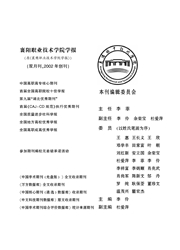

 中文摘要:
中文摘要:
现代福利制度对战后资本主义国家的经济发展和社会融合起了重要作用。20世纪90年代以来福利制度的危机根源于充分就业的坍塌。低工资战略可以扩大就业,但会面临充分保护日益增长的危机。从技能形成的动态性来看,终身学习战略可能提供了一个在就业与工资间达到均衡的总体积极的解决办法。政策有效性的关键在于资金被投资于能够产生最高社会回报的教育体系。对于自由主义国家和法团主义国家来说,需要加强弱势家庭的儿童保护;而对于社会民主国家来说,应该放松劳动力市场,提高教育的个人收益率。
 英文摘要:
英文摘要:
The modern welfare system is essential to economic development and social cohesion of capitalist countries after WW II.Since the 1990s,welfare system has involved in crisis,which arises from the infeasibility of full employment.Low-wage strategy can expand employment,but it faces the growing crisis of full protection.From the perspective of dynamics of skill formation,lifelong learning strategy may provide an overall solution to achieve the balance between employment and wages.The determinant of policy effectiveness lies in that capital is invested in the education system which can maximize social return.For liberal countries and corporatism countries,the children from disadvantaged families need more protection;and for social democratic countries,the control of labor market should be relaxed and private return ratio on education be improved.
 同期刊论文项目
同期刊论文项目
 同项目期刊论文
同项目期刊论文
 期刊信息
期刊信息
